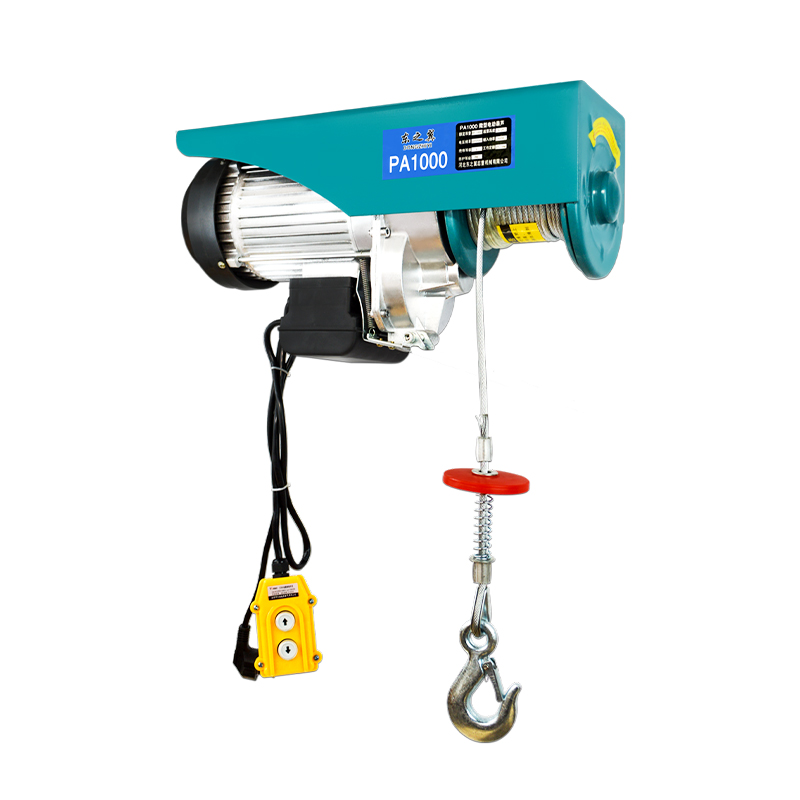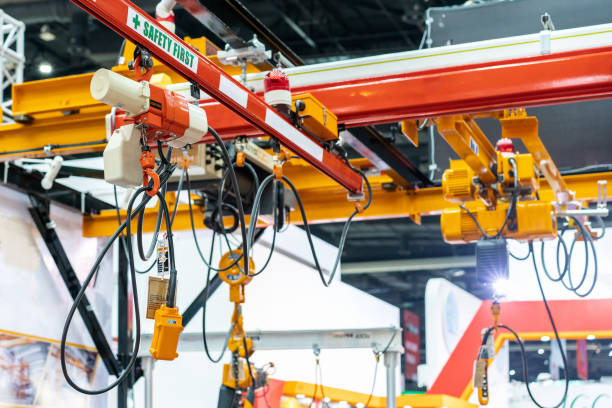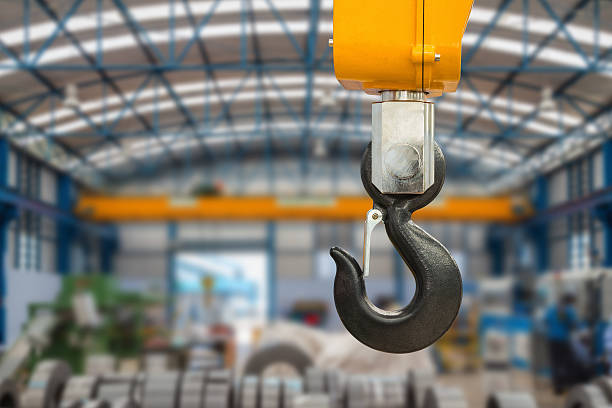Electric hoists are widely used in various industries for their ability to provide efficient, controlled, and automated lifting operations. However, like any tool, electric hoists have their disadvantages and limitations. In this blog post, we will delve into the potential drawbacks of electric hoists to help you make informed decisions when considering them for your lifting needs. By understanding these disadvantages, you can assess whether electric hoists are the right choice for your specific lifting applications.



Section 1: Initial Cost and Installation:
One of the primary disadvantages of electric hoists is their initial cost. Electric hoists tend to be more expensive than manual hoists due to their complex motorized components and automation features. Additionally, installing electric hoists may require professional assistance, adding to the overall cost. It’s important to consider your budget and the long-term benefits of automation before investing in electric hoists.
Section 2: Power Source Dependency:
Electric hoists rely on a stable and reliable power source to function. If there is a power outage or electrical failure, the hoist may become inoperable until power is restored. This dependency on electricity can pose challenges in certain environments, especially if power disruptions are common. It’s crucial to have backup power sources or contingency plans in place to ensure continuity of operations when using electric hoists.
Section 3: Maintenance and Repairs:
Electric hoists, with their motors and electrical components, require regular maintenance to ensure optimal performance and safety. This includes inspecting and lubricating moving parts, checking electrical connections, and monitoring wear and tear. If maintenance is neglected, the hoist’s efficiency and lifespan may be compromised. Additionally, if repairs are needed, specialized knowledge and expertise may be required, leading to additional costs and downtime.
Section 4: Complexity and Training:
Compared to manual hoists, electric hoists are more complex in terms of their operation and control systems. Proper training is essential for operators to understand the hoist’s features, controls, and safety protocols. This training requirement adds to the overall time and cost investment when adopting electric hoists. Adequate training and ongoing skill development are crucial to ensure safe and efficient operation.
Section 5: Environmental Considerations:
Electric hoists produce noise and emit heat during operation, which can be a disadvantage in certain environments. In noise-sensitive areas or applications where excessive heat buildup is a concern, additional measures may be required to mitigate these issues. Noise reduction measures and heat dissipation systems can be implemented, but they may add to the overall cost and complexity of the hoist setup.
Section 6: Limited Mobility:
Electric hoists are typically fixed in a specific location, limiting their mobility compared to some manual hoists. If your lifting needs involve frequent repositioning or working in different locations, the fixed nature of electric hoists may be a disadvantage. Portable or mobile hoisting solutions may be more suitable for such applications.
Conclusion:
While electric hoists offer numerous advantages in terms of efficiency, control, and automation, they do come with certain disadvantages that need to be considered. These disadvantages include the initial cost and installation, power source dependency, maintenance and repairs, complexity and training requirements, environmental considerations, and limited mobility. By carefully evaluating these factors and weighing them against your specific lifting requirements, you can determine whether electric hoists are the right fit for your operations. It’s essential to strike a balance between the benefits and limitations of electric hoists to ensure optimal performance, safety, and cost-effectiveness in your lifting solutions.
